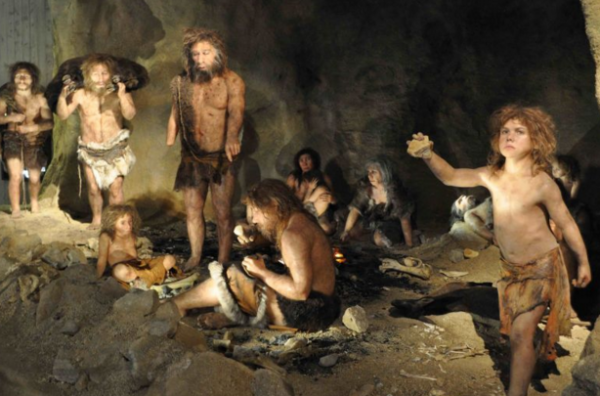By Jake Ke, | March 22, 2016

Humanity has always been interested in the exploration of its origins. In fact, the earliest record expressing interest on human evolution dates back to the Greeks.
Humanity has always been interested in the exploration of its origins. In fact, the earliest record expressing interest on human evolution dates back to the Greeks. However, it was only in the 19th century wherein scientific methods were employed in order to discover how the homo genus developed into the homo sapiens modern humans are now.
Like Us on Facebook
Charles Darwin's On the Origin of Species first argued the idea of evolution of new species from earlier forms. Since his groundbreaking claims, scientists like Thomas Henry Huxley and Richard Owen have further uncovered details surrounding human evolution.
Studies surrounding human evolution are still ongoing. There are remains many mysteries surrounding how modern civilizations came about. In fact, just recently scientists from several academic institutions including Binghampton University and University of Washington announced the surprising results of their recent research delving on homo genus copulation.
According to the academic paper published by the Journal of Science as reported by Yahoo News, homo sapiens had sexual intercourse and produced more offspring with other homo genus species that what was initially assumed. The interspecies sex has left a distinct mark on human genes that is evident in the immune system and metabolism.
The scientist conducted the research by analyzing genetic information from 1500 participants from several locations which indicated interspecies breeding involving homo sapiens, Neanderthals and Denisovans - a mysterious extinct human species. The researchers discovered that some Asians, Europeans and even inhabitants of Papua New guinea have Neanderthal and Denisovan genomes.
The study confirmed early theories claiming that homo sapiens interbred with other homonins. The researchers have since explained that the relationship has been instrumental in determining some factors surrounding human biology.
"Many of these genes are involved in immunity and likely helped our ancestors fight new pathogens that they were exposed to as they dispersed into new environments," explained Joshua Akey, lead author of the study, in an interview with CNN.
The scientists have also explained the significance of their discovery claiming that the results lend to understanding of the patterns in human diversity.
"Studies like ours help to better understand the sources contributing to patterns of human genomic diversity," quipped Akey.
-
Use of Coronavirus Pandemic Drones Raises Privacy Concerns: Drones Spread Fear, Local Officials Say

-
Coronavirus Hampers The Delivery Of Lockheed Martin F-35 Stealth Fighters For 2020

-
Instagram Speeds Up Plans to Add Account Memorialization Feature Due to COVID-19 Deaths

-
NASA: Perseverance Plans to Bring 'Mars Rock' to Earth in 2031

-
600 Dead And 3,000 In The Hospital as Iranians Believed Drinking High-Concentrations of Alcohol Can Cure The Coronavirus

-
600 Dead And 3,000 In The Hospital as Iranians Believed Drinking High-Concentrations of Alcohol Can Cure The Coronavirus

-
COVID-19: Doctors, Nurses Use Virtual Reality to Learn New Skills in Treating Coronavirus Patients













